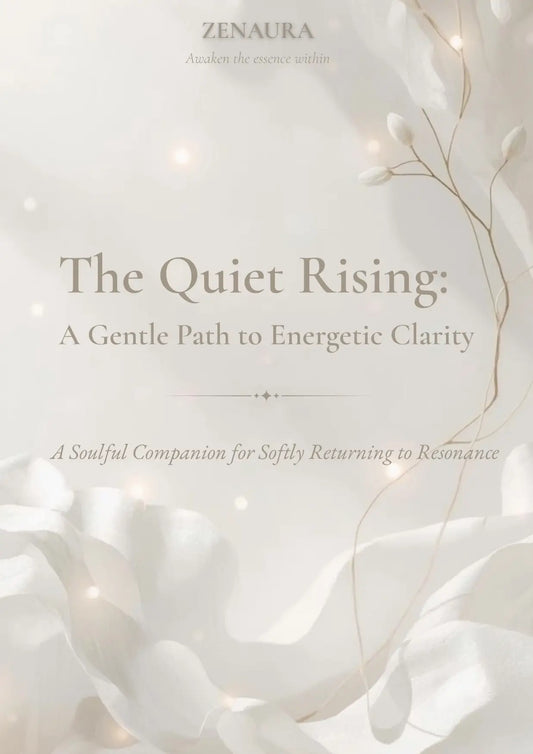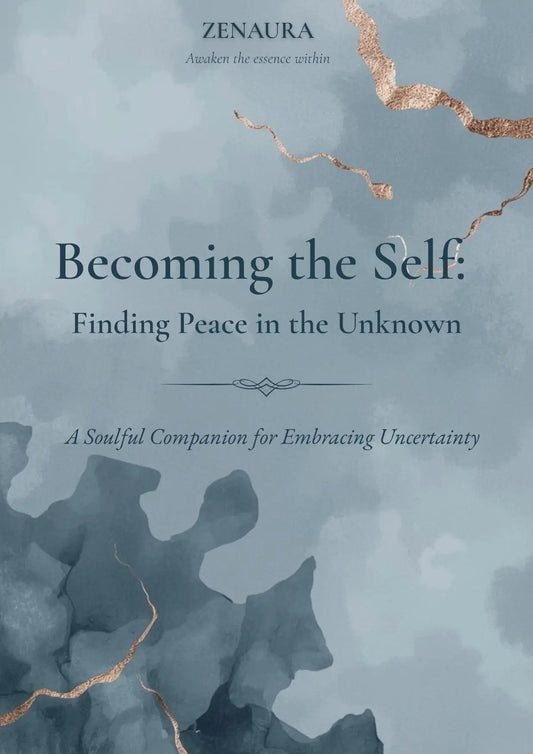
9-to-5 Rat Race: The Invisible Modern Slavery No One Talks About
Every day, countless people trade pieces of themselves for pay cheques, titles, and the promise of stability. Time is handed over, autonomy quietly surrendered, and self-worth often measured by external recognition. The 9-to-5 is not a cage with bars, but a subtle network of expectations: deadlines, meetings, metrics, and routines that shape decisions and behaviours.
On the surface, it appears rational, even necessary. Yet beneath the rhythm of daily work lies a pattern of compromises that quietly limits freedom and defines opportunity. Observing these trades reveals a structure not of malice, but of habit, incentive, and necessity—a system that governs lives without overt coercion.
Understanding these subtle exchanges—between status and self-worth, time and money, autonomy and stability—illuminates why the traditional workplace often feels confining, and why the choices made within it carry consequences beyond immediate survival. Life flows through these trades quietly, like a river carving a canyon over decades: visible only when looking back.
Trading Self-Worth for Title and Status
Titles, promotions, and corner offices are symbolic markers of achievement. They provide recognition and a sense of identity, offering validation from external sources. Yet behind these markers lies a subtle transaction: self-worth becomes dependent on external evaluation rather than internal recognition.
In many workplaces, presence and performance are measured by visibility and conformity to metrics rather than intrinsic contribution. An individual may work late into the evening, not because the work cannot wait, but because recognition depends on perceived effort. Conversations and accomplishments are framed around achievements and accolades rather than personal satisfaction or creativity.
This subtle exchange shifts the basis of self-worth outward. Ambition, in itself, is not harmful; it becomes precarious when self-value is entwined with status. Climbing a corporate ladder may bring recognition, but it often comes with quiet sacrifices: personal autonomy, the freedom to define one’s own measure of worth, and the ability to act independently of expectation.
Over time, identity becomes increasingly linked to hierarchical validation. The perception of success is shaped not by meaningful work or contribution, but by how achievements are quantified and recognised by others. Each promotion, each new title, reinforces a system in which identity and self-worth are measured externally rather than defined personally.
Even small concessions—working extra hours, prioritising visibility, or adopting the language of achievement—accumulate, slowly weaving a pattern where autonomy and authenticity are exchanged for the comfort of recognition. In this trade, freedom becomes conditional on conformity, and identity is shaped more by expectation than by choice. Yet beneath this quiet erosion, the human capacity to reflect remains, like a small light at the edge of routine, reminding that not all worth can be measured externally.
Trading Time for Money
Time is finite, yet it is often the first resource surrendered in the modern workplace. The 9-to-5 trades hours of life for monetary compensation. The phrase “time is money” is commonly repeated, but its implications are rarely examined. Hours spent commuting, attending meetings, completing tasks, and preparing for work accumulate steadily, often at the expense of reflection, creativity, or personal pursuits.
The system seldom accounts for the full cost. While paycheques cover immediate needs, they cannot restore the time surrendered. Days, weeks, and years pass, and life outside the workplace is compressed into fleeting fragments. Over time, the value of hours spent becomes apparent not in the pay received, but in the opportunities lost—opportunities to explore, learn, or create on one’s own terms.
Even when the exchange appears rational, the hidden cost is real. Hours given to employers are hours removed from self-directed growth, relationships, or projects that might carry deeper meaning. The 9-to-5 structures life in measurable increments: start times, end times, and task durations. What cannot be measured—the quiet reflection, the creative experiment, the unhurried moment—is often the first casualty.
Subtle pressure reinforces the trade. The act of giving time feels rational, almost moral. In most cases, protest is absent because the logic appears sound. Yet in retrospect, it is evident that the hours spent are more than contractual obligations—they are fragments of life, quietly flowing into a structure that serves the organisation more than the individual.
Trading Autonomy for Security and Stability
Beyond time and titles, autonomy is often the most quietly surrendered resource. Jobs promise stability, predictable pay, benefits, and the hope of advancement. In return, they require alignment with policies, procedures, and the implicit expectations of leadership. Choices that were once personal become conditional.
Over time, autonomy diminishes. Decisions are guided less by personal judgment and more by rules, processes, and organisational expectations. Each concession, however small, reinforces a system in which stability comes at the cost of independence. Flexibility with personal priorities is exchanged for the comfort of predictable compensation.
Few workplaces present these conditions as coercive; compliance is framed as prudence. Yet the cumulative effect is the reduction of self-directed agency. Stability begins to feel like survival, and survival gradually becomes routine. The rhythm of work subtly transforms life: choice is measured against security, and independence is valued only when it does not disrupt continuity.
The quietness of this trade is part of its power. Autonomy is not lost in dramatic gestures, but in repeated small concessions that feel necessary. Over years, the freedom to shape one’s own work and life is gradually eroded, replaced by habits and structures that reward predictability over creativity. Still, within moments of reflection, the awareness of what has been surrendered can awaken a soft but persistent sense of possibility.
Trading Compliance for Reward and Career Progression
The modern workplace often measures merit through conformity. Compliance—following rules, adopting expected behaviours, echoing managerial priorities—is rewarded with recognition, raises, and promotions. This exchange, while subtle, shapes behaviour and identity over time.
Submission to the system structures professional life. Original thought may be discouraged, critique subtly punished, and initiative constrained by what is deemed acceptable. Identity aligns with tolerance and reward rather than meaningful contribution. Advancement is more often a function of alignment than of creativity, and the system reinforces itself by rewarding behaviour that maintains structure.
Over time, professional identity becomes increasingly a reflection of system incentives rather than personal priorities. Behaviour is calibrated not by personal value but by anticipated reward. The exchange of compliance for recognition forms a tacit contract: predictability is rewarded, deviation is penalised, and freedom to innovate exists only when it does not threaten the rhythm of the organisation.
This dynamic illustrates how influence operates without overt coercion. Obedience becomes the currency of advancement, and the subtle shaping of behaviour ensures that personal ambition is aligned with organisational priorities. Yet, quietly, the human mind retains a sense of curiosity and the possibility of alternative paths—a whisper of choice amidst routine.
Trading Self-Censoring for Approval and Belonging
Beyond compliance lies a quieter negotiation: self-censoring. Workplaces are social systems. The desire to belong, to avoid conflict, or to be accepted leads to selective expression. Opinions, behaviour, and speech are measured, filtered, and adjusted to align with expectations.
Approval, inclusion, and comfort are exchanged for fragments of authentic self-expression. Over time, individuals may struggle to distinguish their own identity from the performance required to fit in. This internalised system is subtle: belonging and recognition are conditional, shaped by norms rather than intrinsic value.
Self-censoring is a self-discipline imposed by social dynamics. It preserves survival in professional and social contexts but diminishes freedom of thought, creativity, and authenticity. Often unnoticed, this trade accumulates over years, gradually shaping identity in ways that feel natural but are ultimately constraining.
Even so, occasional glimpses of authenticity—small gestures, private reflections, quiet experiments in work or creativity—remind that self-expression is not entirely lost. These fleeting moments hint at the possibility of reclaiming personal agency and redefining value beyond approval.
| As the old systems dissolve, a new kind of work begins—the work of remembering who you are beneath the roles, the trades, and the titles. Discover your Sacred Soul Map, and uncover the gifts, shadows, and truths that make your path uniquely yours. |
Time to Trade Stability for Evolution: Reclaiming the Future of Work
The trades outlined—self-worth for status, time for money, autonomy for security, compliance for advancement, and self-censoring for belonging—form a lattice of invisible control. None appear overtly oppressive; all feel reasonable, rational, or even necessary. Yet together, they shape lives, constrain creativity, and govern the allocation of effort and attention.
For decades, this structure functioned effectively. It promised order, stability, and gradual progress. But the world has shifted. Technology, artificial intelligence, automation, and digitisation have accelerated change. The 9-to-5, with its measured hours, predictable pay, and hierarchical progression, is becoming an increasingly fragile framework.
Economic shifts, slowdowns, and mass layoffs reveal the fragility of perceived stability. In 2025, tremors are evident. By 2026, conditions may worsen. Roles once considered essential will be automated, outsourced, or eliminated. The cage of conventional work will not merely constrain—it will dissolve.
In this context, the old trades no longer ensure security. Trading hours for money will not guarantee survival. Trading autonomy for stability will not sustain relevance. The rules of the old game are being rewritten. Those who cling to routine, predictability, and conventional roles risk being left behind—not for lack of talent, but for lack of adaptation.
The emerging world of work favours creation, contribution, and unique value. Freedom and survival now require the same quality: adaptability. Entrepreneurship, self-direction, and service based on personal skills, ideas, and authenticity are becoming the currency of relevance. Value is no longer measured by hours worked or compliance with expectation but by the tangible and intangible impact delivered to others.
Modern tools—digital platforms, AI, instant connectivity—enable work in ways unthinkable a decade ago. They reward individuality, initiative, and creativity more than endurance. Work becomes a medium for expression, contribution, and problem-solving, rather than a sequence of tasks defined externally.
To remain in the comfort of routine is to cling to a vanishing world. The economy no longer asks how many hours can be given; it asks what value only an individual can bring. Those who recognise this early will not only navigate the coming turbulence—they will shape the future of work for decades to come.
The lesson is not to abandon work, but to reclaim ownership of it. Skills become service, ideas become contribution, and individuality becomes livelihood. Freedom, once traded for stability, can be restored through awareness, creation, and alignment with personal value.






